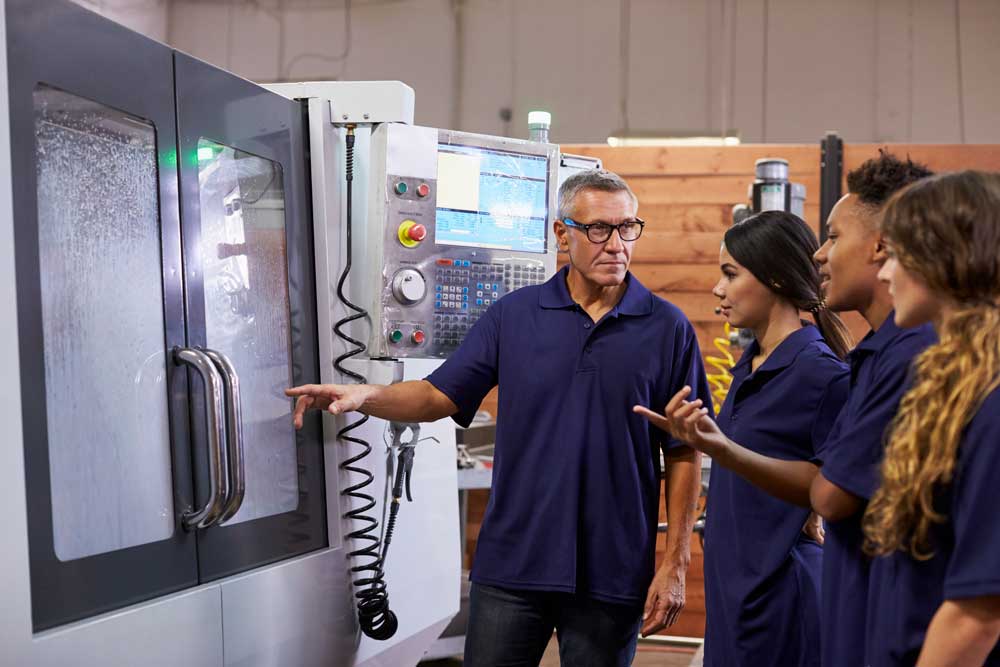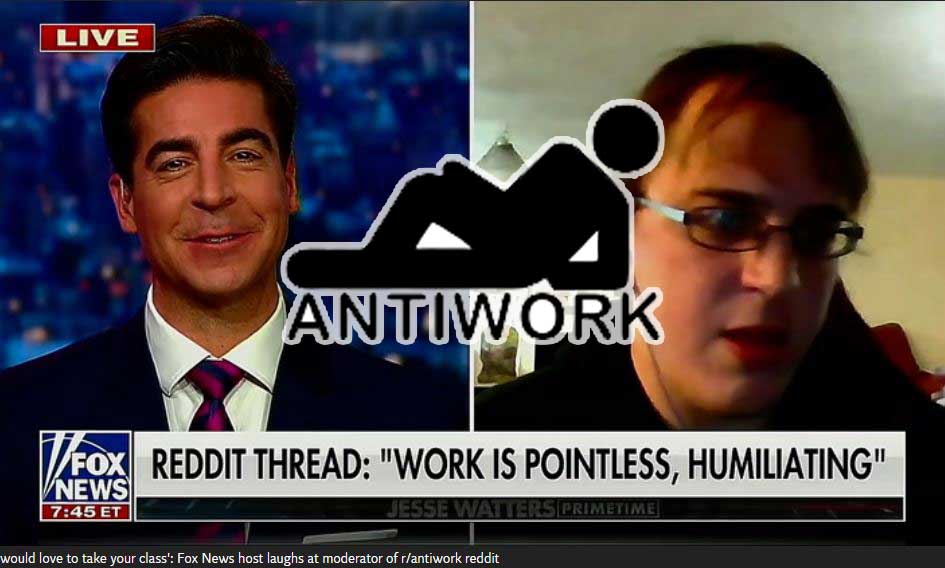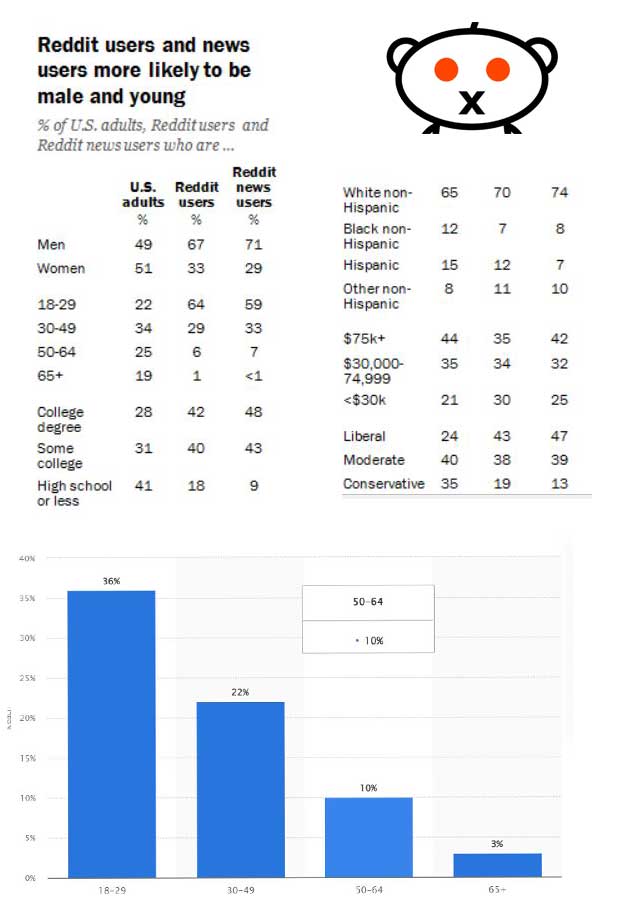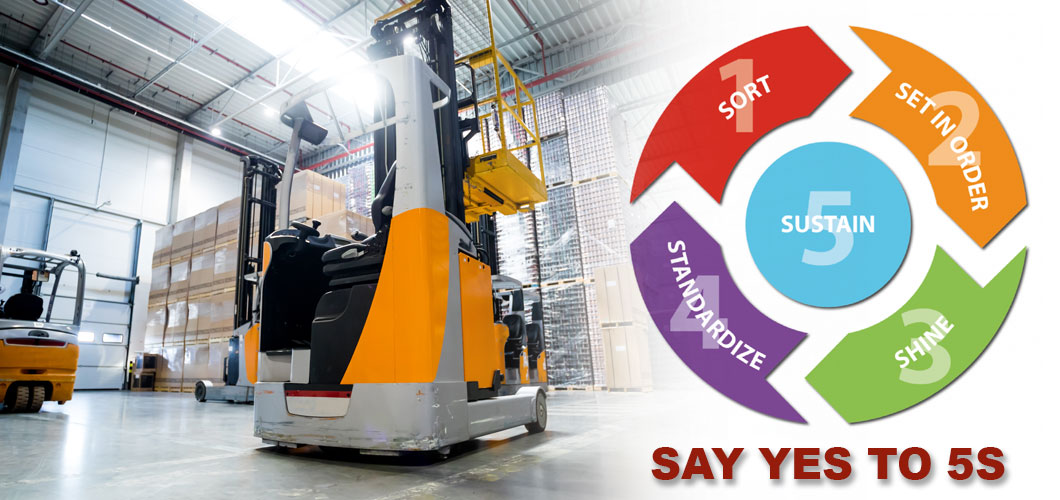Projections for the 2022 unemployment rate are holding steady and experts predict we will be back at pre-pandemic employment levels by midsummer. Better than expected job growth is showing signs the labor market is doing well so far in March. So we’re asking, is “The Great Resignation” over?
You’ve heard that phrase, “The Great Resignation” nonstop for the last year. Anthony Klotz, an organizational psychologist and professor at Texas A&M University, coined the phrase during an interview with Bloomberg last May to describe the wave of people quitting their jobs due to the ongoing coronavirus pandemic, which led many to re-think where, how and why we work. The movement itself was a repudiation of the status quo.

Americans quit jobs at a record pace during the second half of 2021. About 23% of employees will seek new jobs in 2022, while 9% have already secured a new position, according to a December ResumeBuilder.com poll of 1,250 American workers. Market losses, supply chain issues, high fuel prices, inflation, heartbreaking world affairs, and yes, still Covid-19, mean business growth is stymied for a bit and hiring may slow down sooner than later.
Turnover may be slowing down due to another factor: you. Companies have answered the call to compete for workers by raising wages, improving benefits, and creating a better work culture. Anthony Klotz says this will keep employee turnover from being “completely rampant” in the months ahead.
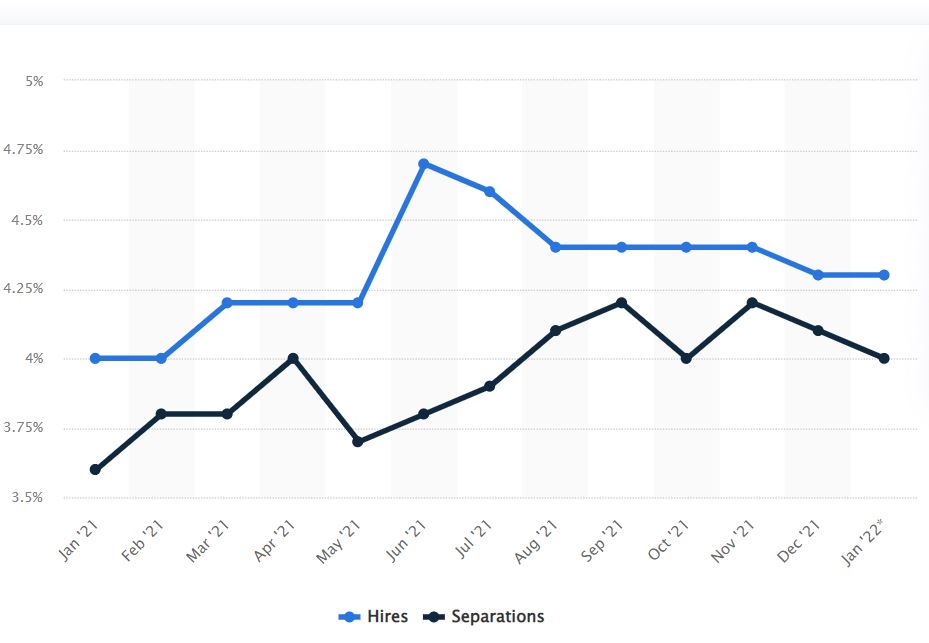
This chart tells an easy story. Hiring was off the charts last spring, and in the months that followed, separations grew to an all-time high. But separations have leveled off, especially in correlation to hires, in consecutive months as we headed into 2022.
A survey by The Muse points to a statistic that a large majority of those who resigned, are regretting their decision. The survey asked about 2500 workers, who identify as Millenial or Gen-Z, and found that roughly seven in ten workers found their new roles were different from what they expected when they interviewed for their current position.
About one in five job seekers even admitted they would quit within a month if it’s not as expected, and 41% say they would give it between two and six months. Just under half of job seekers — 48% — would actually try to get their old job back, according to the data. Older generations might have stuck with a job a couple of years to avoid seeming unstable, but now 80% of Gen-Z said it’s acceptable to leave a new job before six months if it doesn’t live up to your expectations. The Muse CEO, Kathryn Minshew calls this quick turnaround in a job Shift-Shock.
The above chart breaks down quit rates by age.The gold and blue lines represent Gen-Z. Green is Millenial and Gen-X. The yellow line represents Baby-Boomers. Is it over? Was it hype? No and no. The worst may be behind us, but if 80% of Gen-Z say it’s ok to dump out of a job from the get-go, we might be seeing another surge of The Great Resignation later this year.
Now is the time to keep your employees energized and engaged in your operation. Minshew advises, “Companies need to be more upfront about the reality of their jobs because it could help retain workers who aren’t totally satisfied but could be over time. People are much more likely to accept the good and the bad and to show up as engaged and productive if they have entered the situation with their eyes wide open,” she said.
Some simple ways to keep your new employees engaged:
- Social Functions
- Stay Interviews
- Work Perks
- Flexibility over their own schedule
- Improve any toxic-related areas of work culture
- Evaluate managers who will be dealing with new employees directly
The Society of Human Resource Management suggests employees who experience shift shock are less likely to be engaged or to become high performers. So, ask new employees on a regular basis how they are doing in their new position. Ask, “What’s your favorite and least favorite thing about working here?” Let them be transparent and open. Ask them to keep a work diary if you feel it could give the hiring team some insight as to what the job is versus how it was described to the employee.

As we return to a version of normal, try to have in-person interviews. It allows potential employees to walk into the building and see what they’re getting into so they get a feel of the energy and culture of your operation. Also, during interviews, don’t let your HR Managers talk only about the upsides of a job. The more transparent you are, the more new employees will be able to deal with adversity and have their expectations managed.
Do not show any resentment for paying higher salaries. Inflation is hard on everyone, and it may seem like you’re paying more for less than you used to get. Employees can see when an employer doesn’t think they’re earning their paycheck. If that happens, they’re likely out the door sooner than later. Give new employees time to acclimate and grow into their roles.
The numbers show The Great Resignation was real and is winding down. Now is an opportunity to soften the landing for those who participated and prevent a second wave of shift-shock that could happen later in the year.
